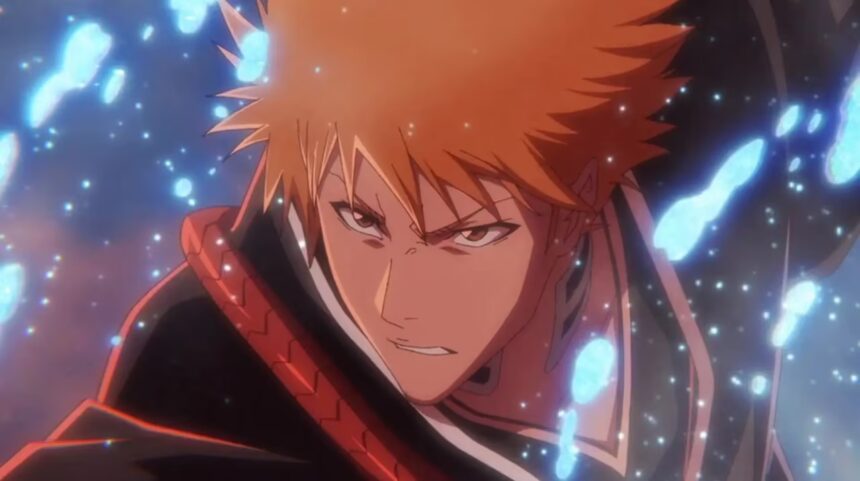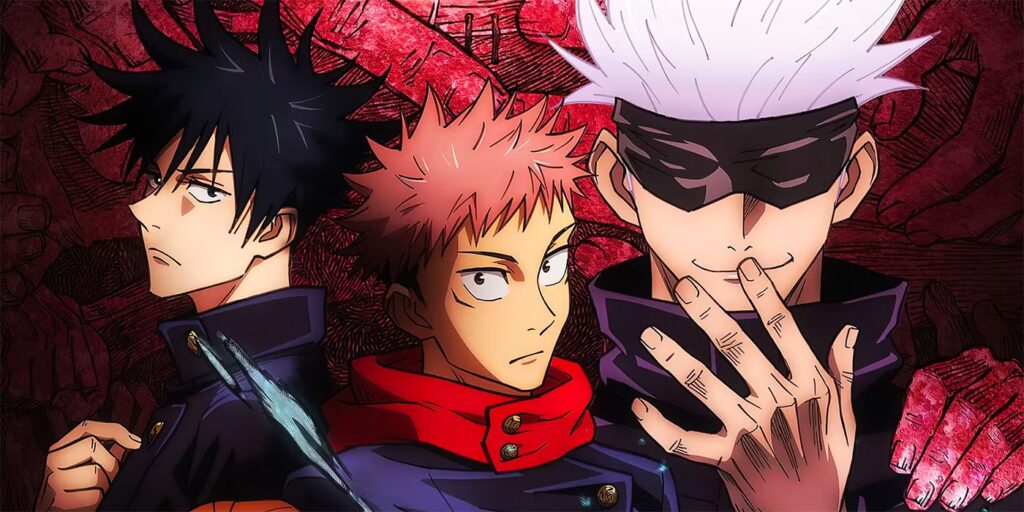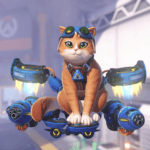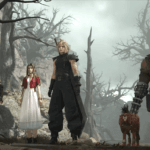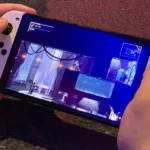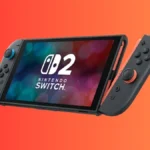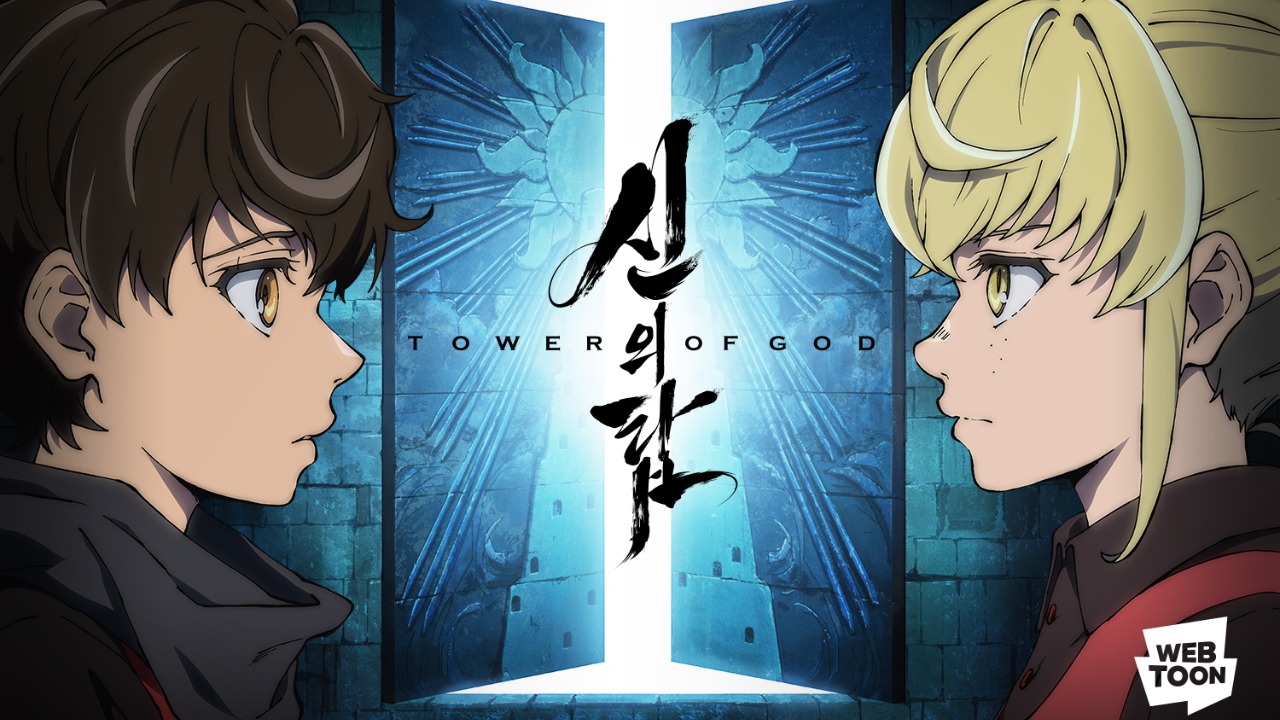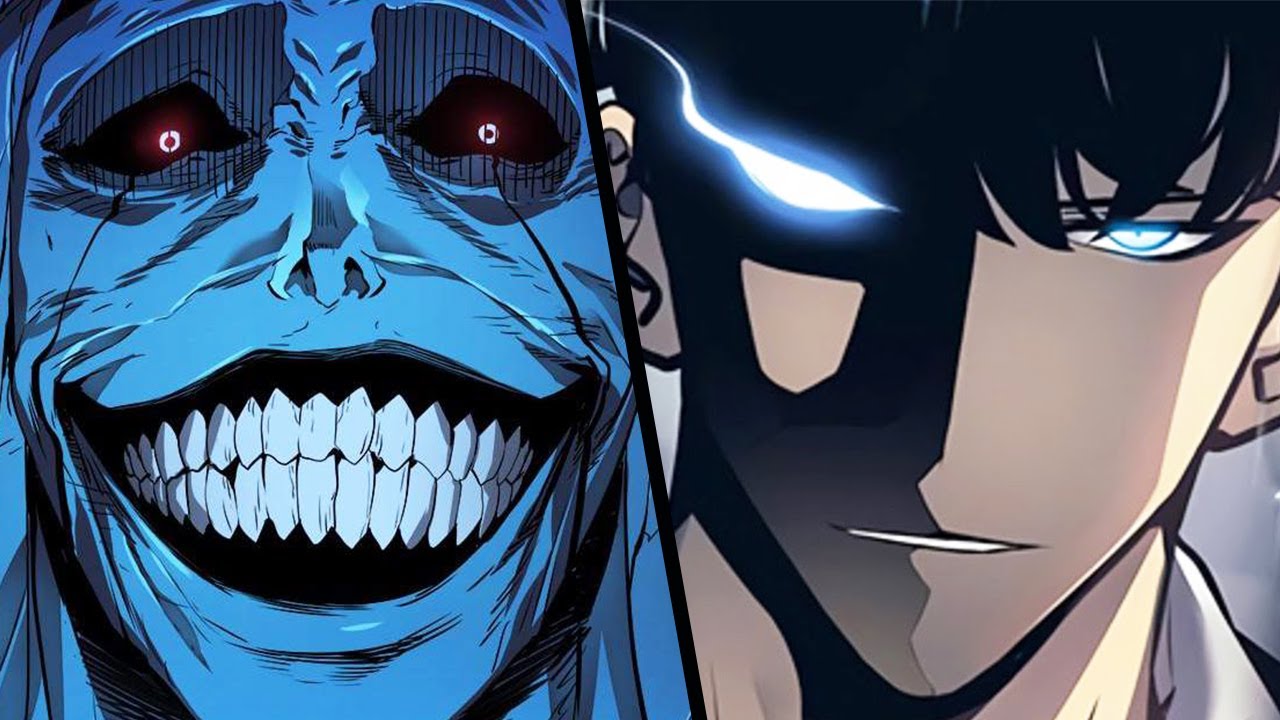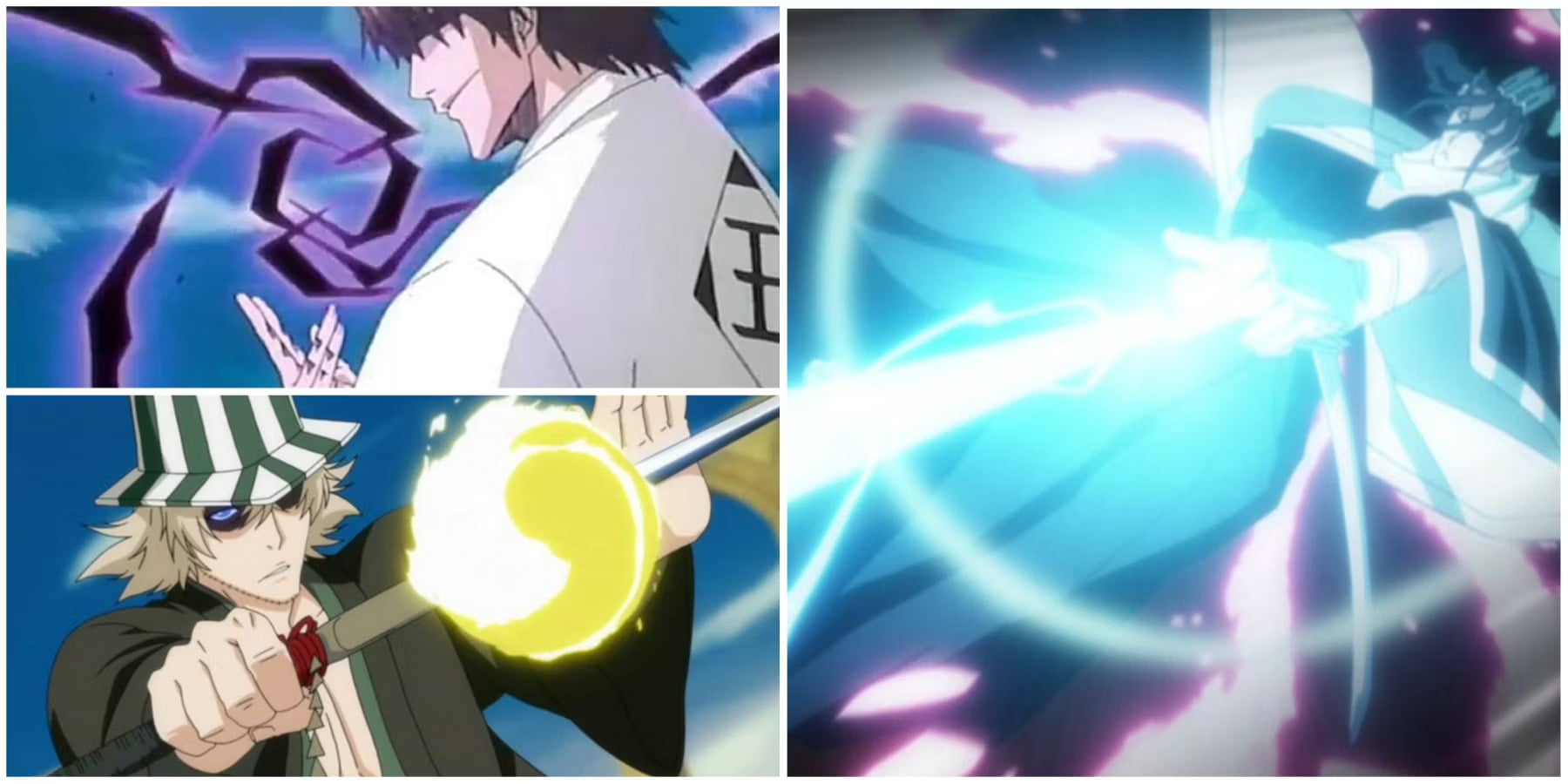Finishing an epic anime like Bleach can leave a void that’s difficult to fill. After spending countless hours with Ichigo Kurosaki and the Soul Reapers, you might find yourself wondering, “What’s next?” Thankfully, the anime world is vast and filled with series that capture the spirit, action, and emotional depth that made Bleach so beloved.
In this comprehensive guide, we’ll explore 15 anime series that Bleach fans will appreciate. From supernatural battles and complex power systems to compelling character development and world-building, these recommendations will help you find your next anime obsession. Whether you’re drawn to Bleach’s action sequences, its supernatural elements, or its character journeys, there’s something on this list for every fan.
Top Anime to Watch After Bleach
1. Jujutsu Kaisen
Why: Jujutsu Kaisen shares Bleach’s supernatural foundation with protagonists battling spirits using specialized abilities.
Jujutsu Kaisen follows Yuji Itadori, a high school student who becomes involved in the world of Jujutsu Sorcery after swallowing a powerful cursed object. Like Bleach, it features a protagonist suddenly thrown into a supernatural world where he must battle malevolent spirits. The power system of cursed energy mirrors Bleach’s spiritual pressure concept, and the series delivers stunning battle sequences with a similar blend of action and strategy.
The dark themes, well-choreographed fights, and balance of humor with serious stakes will feel familiar to Bleach enthusiasts. Additionally, both series feature unique weapons and techniques tied to their users’ personalities and spiritual essence.
2. Soul Eater
Why: Soul Eater’s premise of soul collection and weapon partnerships offers a creative spin on the afterlife concepts explored in Bleach.
Set in Death City, Soul Eater follows students of the Death Weapon Meister Academy who collect the souls of evil humans and witches. This academy training structure resembles the Soul Society’s organizational hierarchy, while the weapon-meister partnerships create dynamic character relationships similar to Bleach’s Shinigami-Zanpakuto bonds.
The series balances quirky humor with serious storylines in a way that will feel comfortable for Bleach fans. Its unique art style and creative world-building provide a fresh experience while maintaining familiar thematic elements about duty, power, and protecting humanity from supernatural threats.
3. Demon Slayer
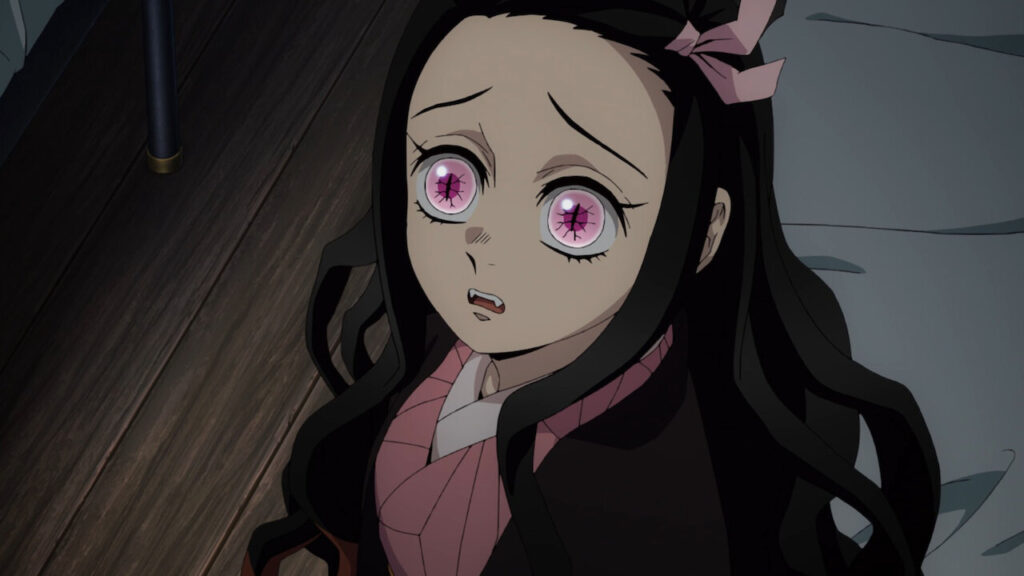
Why: Demon Slayer’s story of a young man fighting supernatural enemies to protect his family echoes Ichigo’s initial motivations.
Tanjiro Kamado’s journey as a demon slayer begins when his family is attacked and his sister is transformed into a demon. This personal stake in the supernatural world mirrors Ichigo’s entry into Soul Society after Rukia’s intervention in his life. Both protagonists develop unique fighting styles and face increasingly powerful enemies.
The Breathing Techniques in Demon Slayer create visually stunning combat sequences comparable to Bleach’s Bankai transformations. The series also features a similarly structured organization of fighters with different ranks and specialties, reminiscent of the Gotei 13.
4. Noragami
Why: Noragami’s exploration of gods, spirits, and the afterlife shares conceptual similarities with Bleach’s Soul Society.
Noragami centers on Yato, a minor deity hoping to gain recognition, and his human friend Hiyori, who exists between the human and spirit worlds after an accident. This dual-world setting creates a familiar dynamic for Bleach fans, with characters moving between spiritual and physical realms.
The concept of gods wielding human partners who transform into weapons creates interesting character dynamics similar to the Shinigami-Zanpakuto relationships in Bleach. The series balances action, humor, and emotional depth while exploring themes of identity, purpose, and belonging—all elements that made Bleach resonate with its audience.
5. Blue Exorcist
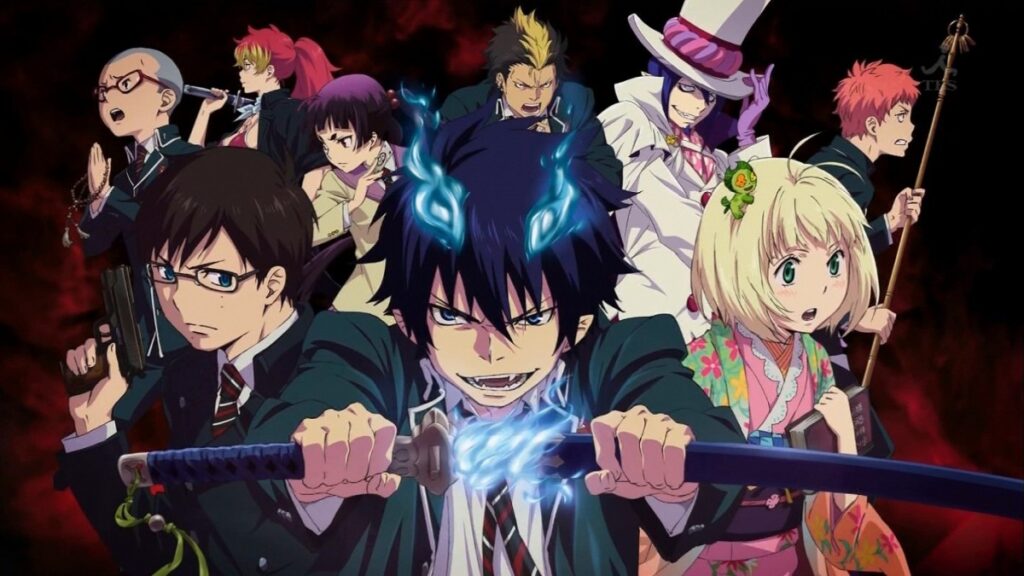
Why: Blue Exorcist’s protagonist shares Ichigo’s “half-breed” status and struggle with dual identities.
Rin Okumura discovers he’s the son of Satan but chooses to become an exorcist to fight demons. This internal conflict between his demonic heritage and desire to protect humans parallels Ichigo’s struggles with his Hollow powers. Both series feature protagonists with extraordinary abilities who must learn to control their dangerous inner powers.
The academy setting of True Cross Academy provides a structured learning environment similar to Bleach’s training arcs. The series also features a diverse cast of supporting characters with unique abilities and personalities, creating dynamic team interactions reminiscent of Bleach’s ensemble cast.
6. Yu Yu Hakusho
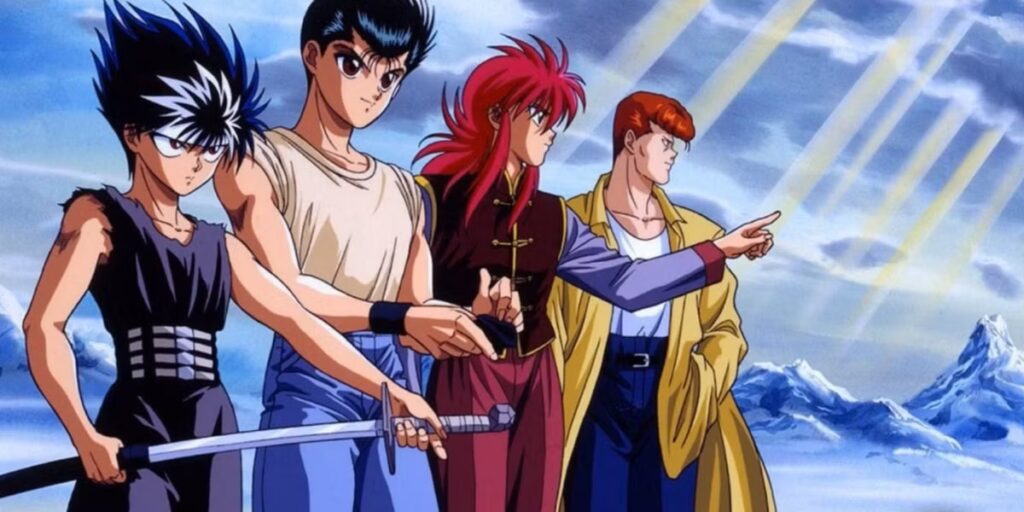
Why: As a spiritual predecessor to Bleach, Yu Yu Hakusho established many tropes that Bleach would later incorporate.
Yusuke Urameshi becomes a Spirit Detective after an unexpected death, tasked with investigating supernatural activities in the human world. This premise of a teenager given spiritual responsibilities after a life-changing encounter directly parallels Ichigo’s journey.
The series features tournament arcs, power escalation, and character development that influenced later shonen series, including Bleach. The Dark Tournament saga particularly showcases the type of extended battle sequences and power progression that Bleach fans enjoy. Despite being older, the series holds up remarkably well and provides insight into the evolution of the genre.
7. D.Gray-man
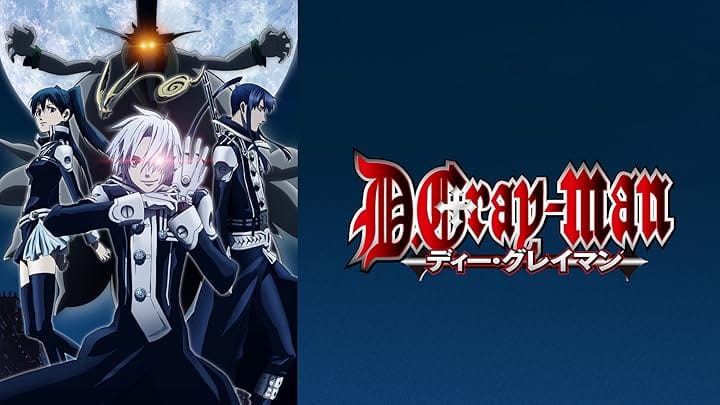
Why: D.Gray-man’s dark aesthetic and organization of specialized supernatural fighters closely resemble Bleach’s atmosphere.
Allen Walker joins the Black Order, an organization of Exorcists who fight Akuma—demons created by the Millennium Earl. The Gothic aesthetic and religious undertones create an atmosphere similar to Bleach’s more serious arcs. Both series feature protagonists with unique transforming weapons that evolve throughout the story.
The concept of Innocence as a power source parallels how Zanpakuto represents the soul of a Shinigami. D.Gray-man also balances personal character journeys with an overarching conflict against a powerful antagonist, creating the same sense of both immediate and long-term stakes that Bleach maintained throughout its run.
8. Fullmetal Alchemist: Brotherhood
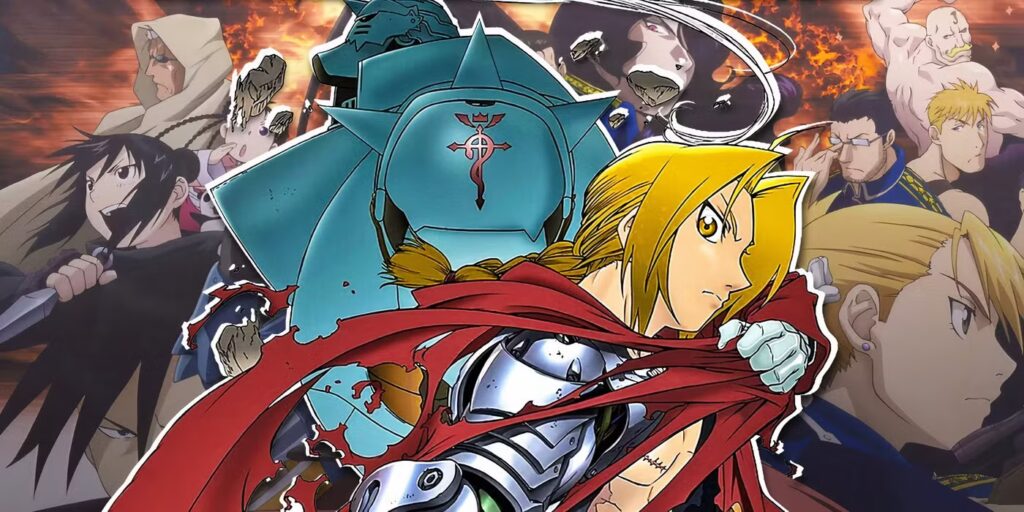
Why: While the power system differs, FMA:B shares Bleach’s blend of action, emotional depth, and complex moral questions.
Edward and Alphonse Elric’s journey to restore their bodies introduces viewers to a world where alchemy is the primary power system. Although this differs from Bleach’s spiritual powers, both series feature detailed power systems with specific rules and limitations. Both also explore themes of sacrifice, duty, and the consequences of wielding extraordinary power.
FMA: B excels at balancing an ensemble cast while maintaining a focused narrative—something Bleach fans will appreciate. The military structure of the State Alchemists also provides a familiar organizational framework similar to the Soul Society’s divisions.
9. Fire Force
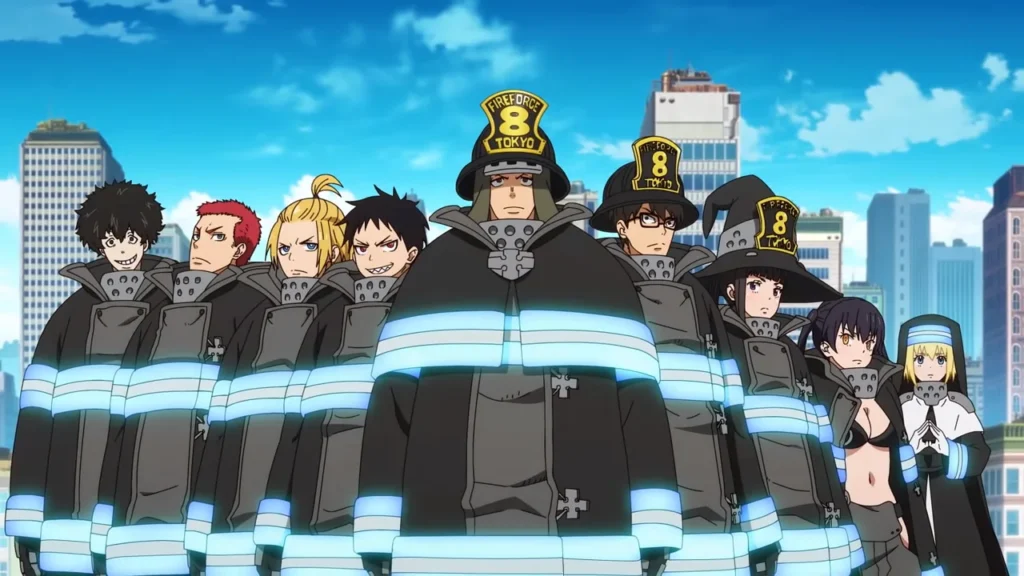
Why: Fire Force combines supernatural abilities with a structured organization of specialized fighters similar to the Gotei 13.
In a world plagued by spontaneous human combustion, special firefighting forces battle Infernals using pyrokinetic abilities. The organizational structure of the Fire Force companies mirrors the Gotei 13’s divisions, with each featuring distinct leadership and specializations.
Shinra Kusakabe’s journey parallels Ichigo’s in many ways, as both discover hidden aspects of their abilities and uncover conspiracies within their respective organizations. The animation quality, particularly during fight sequences, delivers the same visual spectacle that made Bleach’s battles so memorable.
10. Fate Series (Particularly Fate/Zero and Fate/Stay Night: Unlimited Blade Works)
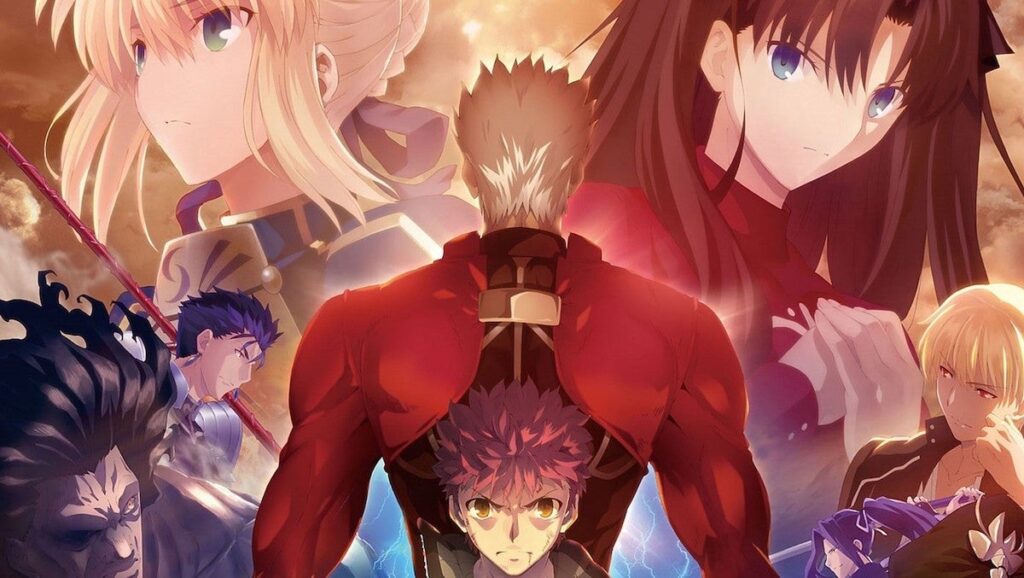
Why: The Fate series features supernatural battles between entities with unique powers and weapons, reminiscent of Zanpakuto battles.
The Holy Grail War brings together mages and heroic spirits in battles that feature strategic combat and spectacular visual effects. The concept of Servants—historical or mythological figures summoned as warriors—creates diverse battle styles similar to the varied Zanpakuto abilities in Bleach.
The complex power systems, moral ambiguity of characters, and high-stakes battles will appeal to Bleach fans who appreciated the tactical aspects of spiritual combat. The series also features beautiful animation and choreography that rivals Bleach’s most iconic fight scenes.
11. Black Clover
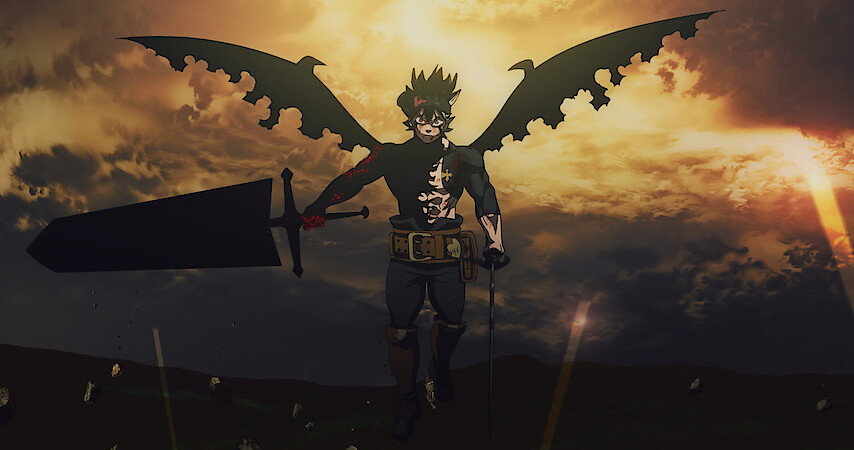
Why: Black Clover’s underdog protagonist and magic-based combat system provide similar satisfaction to watching Ichigo’s growth.
Asta, born without magic in a world where it’s everything, fights his way forward using anti-magic abilities. His determination to overcome limitations mirrors Ichigo’s journey from substitute Soul Reaper to powerful warrior. The Magic Knight squads create a familiar organizational structure similar to the Gotei 13.
The series features tournament arcs, power progression, and ensemble cast dynamics that will feel comfortable to Bleach fans. Black Clover also maintains a similar balance between action-packed sequences and character-focused storytelling that made Bleach so engaging.
12. Bungo Stray Dogs
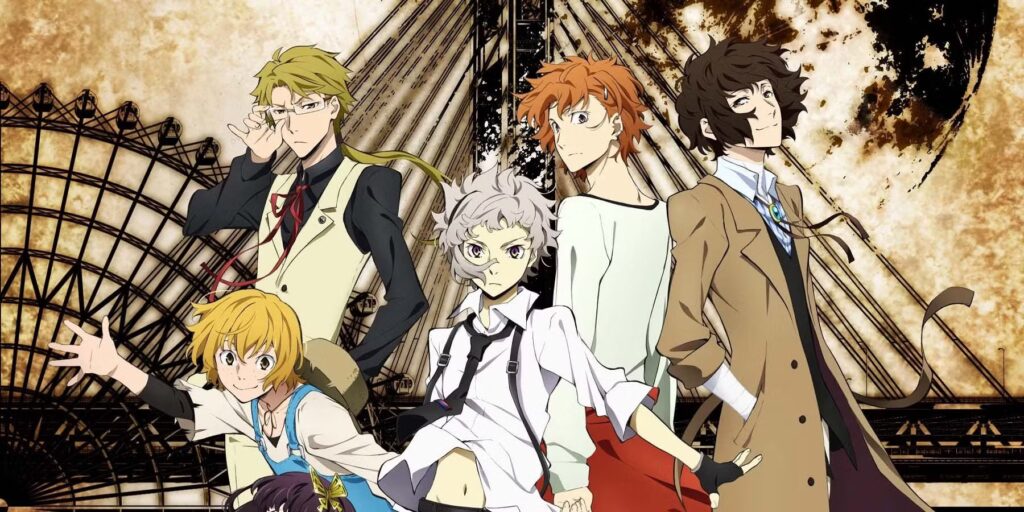
Why: Bungo Stray Dogs combines supernatural abilities with noir-style storytelling and organization-based conflicts.
Members of the Armed Detective Agency possess unique abilities named after literary works, creating a power system with distinct individual expressions similar to Zanpakuto. The series balances supernatural action with detective work, providing both intellectual and physical challenges for its characters.
The conflict between different organizations—the Detective Agency, Port Mafia, and Guild—creates faction-based storytelling similar to Bleach’s Soul Society, Arrancar, and Quincy arcs. Character development occurs through both combat and emotional growth, maintaining the dual progression that Bleach executed so well.
13. Hunter x Hunter
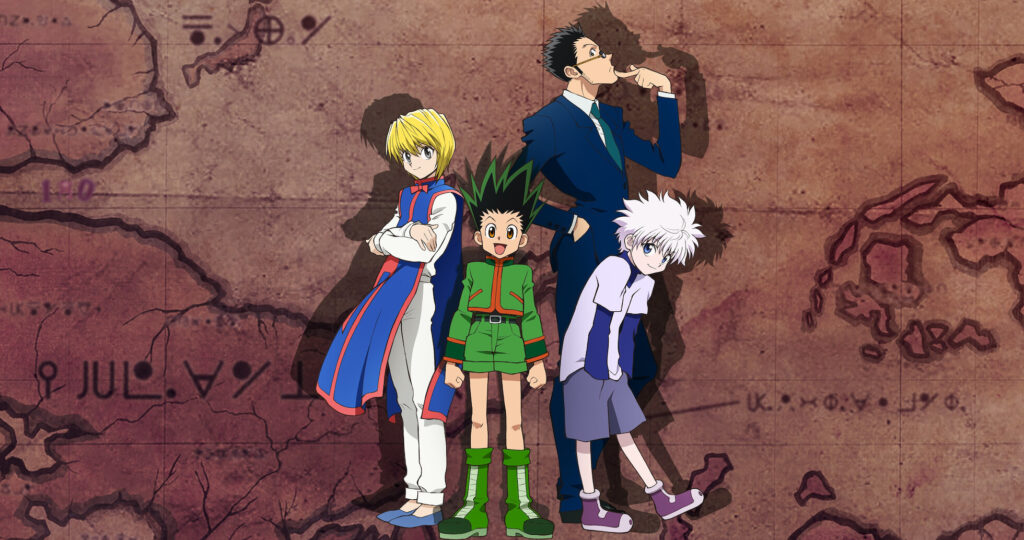
Why: Hunter x Hunter‘s complex power system and character-driven storytelling provide the depth that Bleach fans appreciate.
Gon Freecss’s journey to become a Hunter leads him into a world of increasingly complex challenges and powers. The Nen system, with its six different categories and personalized abilities, creates the same kind of detailed power mechanics that made Bleach’s spiritual pressure and Zanpakuto system so engaging.
The series excels at subverting expectations and creating morally complex characters, providing the same kind of nuanced storytelling found in Bleach’s best arcs. The Chimera Ant and Yorknew City arcs particularly showcase the blend of action, strategy, and emotional stakes that will satisfy Bleach fans.
14. Tokyo Ghoul
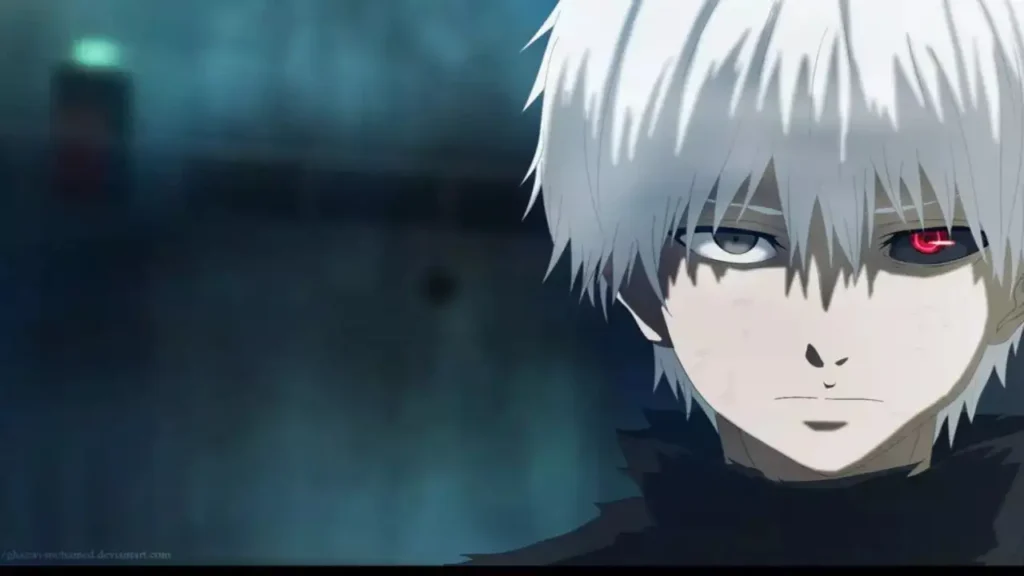
Why: Tokyo Ghoul’s protagonist struggles with his dual nature in a way that parallels Ichigo’s Hollow conflicts.
Ken Kaneki becomes half-ghoul after an accident, thrust into a hidden world existing alongside normal human society. This parallel existence of supernatural beings shares conceptual similarities with how Hollows and Soul Reapers exist alongside the human world in Bleach.
Kaneki’s struggle to reconcile his human morality with his ghoul nature creates internal conflict reminiscent of Ichigo’s battles with his inner Hollow. The series also features organization-based conflicts between different ghoul factions and the CCG (Commission of Counter Ghoul), creating the same kind of factional storytelling present in Bleach.
15. One Piece
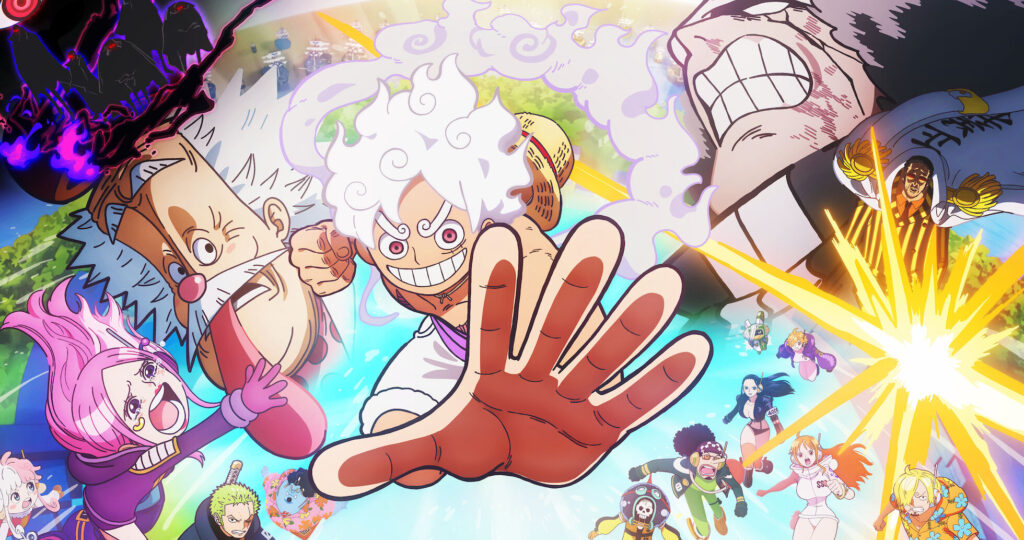
Why: While tonally different, One Piece offers the same kind of epic storytelling, power progression, and world-building that made Bleach memorable.
Monkey D. Luffy’s journey to become the Pirate King spans hundreds of episodes, providing the same kind of long-form storytelling that Bleach fans enjoyed. The series features distinct arcs with unique antagonists, similar to how Bleach structured its major storylines.
Devil Fruits create unique abilities for characters, allowing for creative combat scenarios comparable to Zanpakuto battles. The series also excels at balancing humor with serious themes and emotional depth, maintaining engagement through its extensive run just as Bleach did throughout its many arcs.
The end of Bleach doesn’t have to mean the end of your anime journey. These 15 series offer various elements that make Bleach special, whether it’s the supernatural battles, complex power systems, character development, or thematic depth. Each recommendation provides something familiar while introducing new worlds and stories to explore.
If you’re missing the Soul Society, Hueco Mundo, or the World of the Living, these anime will help fill that void with fresh adventures and characters to connect with. The spirit of Bleach lives on in these series, each offering its own unique take on the supernatural battle anime genre that Bleach helped define.
Remember that, like Bleach, many of these series start strong but truly excel as they develop their worlds and characters over time. Give them the same chance you gave Bleach, and you might find your next favorite anime among these recommendations.
What was your favorite aspect of Bleach, and which of these recommendations sounds most appealing to you? The journey doesn’t end with the final episode—it simply transforms into something new.

